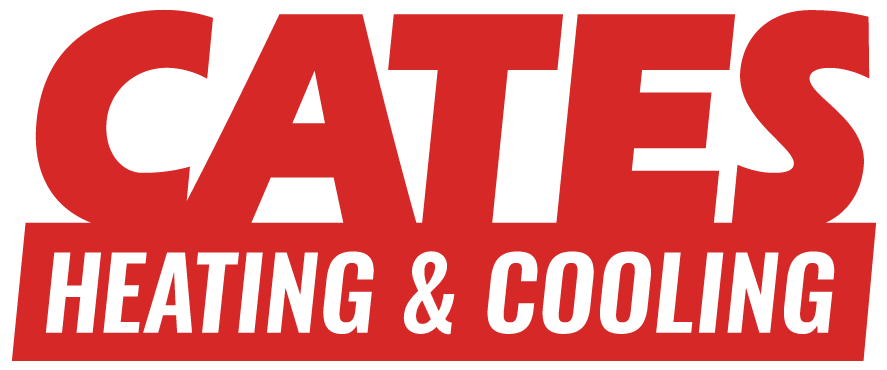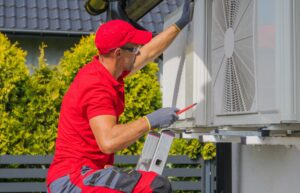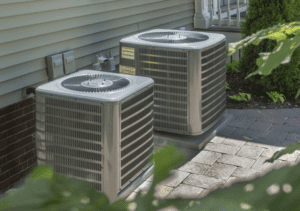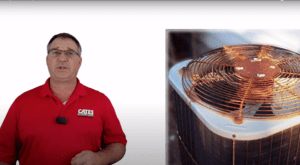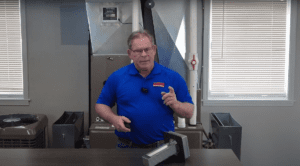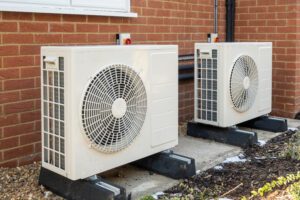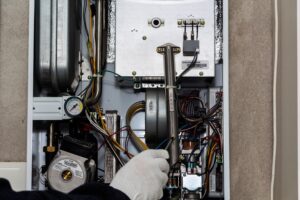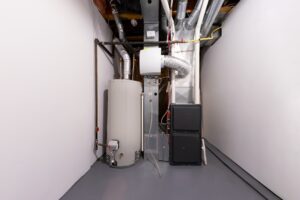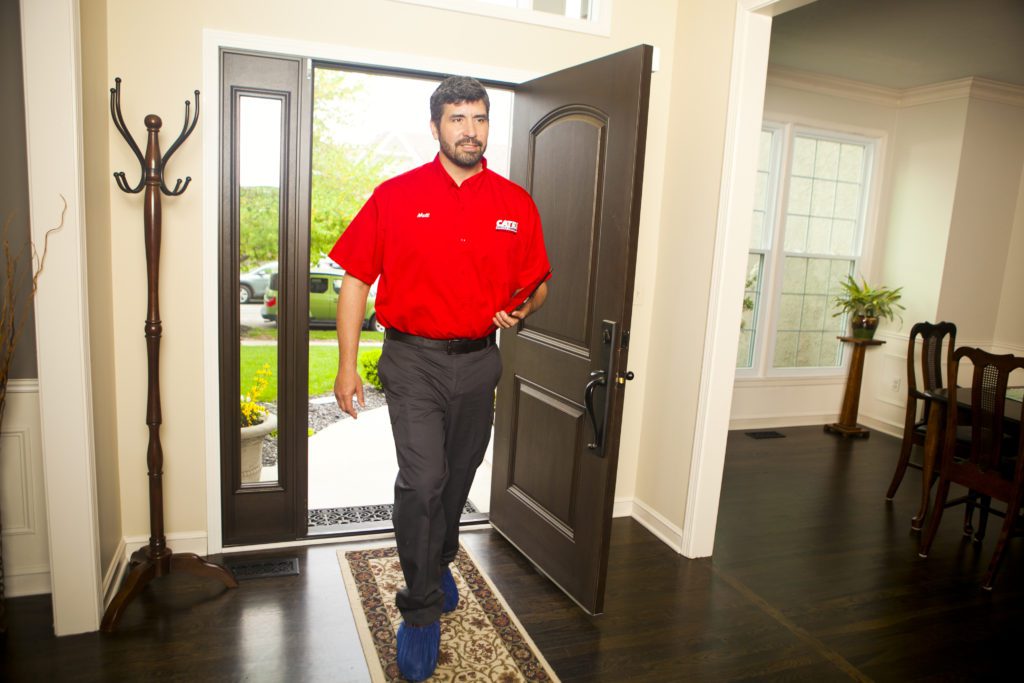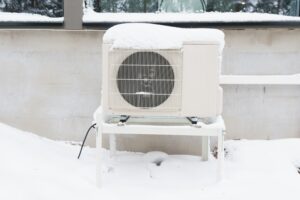Even if your home’s HVAC system is only a few years old, it does require regular checkups and service maintenance to keep it running efficiently over longer periods of time. Having a new HVAC system installed in your home is a large investment, so you’ll want to make sure you’re getting your money’s worth by performing regular AC and furnace maintenance.
Your HVAC system will require different tune-up items depending on the time of year. Air conditioner maintenance is more likely to occur in the spring, while furnace checkups should happen in the fall. As you go to perform seasonal maintenance, keep the following HVAC tune-up checklists in mind to ensure your home’s system is weather-ready no matter what time of year it is.
Spring and Summer Checklist
As the weather turns warm, it’s customary to perform AC maintenance. The last thing you need is for your family to suffer through the heat and humidity if your HVAC system stops working. Instead of taking that risk, follow these checklist items during early spring or summer before it gets too hot to handle the heat outside.
Replace Your Air Filters
AC units need their air filters replaced at least every three months. This is an easy maintenance task for homeowners to perform on their own and is a vital part of maintaining your air conditioning system. Clean air filters ensure that your home receives proper airflow and that your AC system isn’t being strained by accumulating dirt and debris.
Check All Air Ducts
The air ducts in your home play an important role in moving conditioned air from room to room. Ducts can become clogged with dust, and if they have a leak, your home’s atmosphere may be subject to excess humidity from outside. Your AC system will then have to work twice as hard, using up more energy than necessary.
During the spring or summer, check all air ducts to ensure that they are properly cleaned, and there aren’t any leaks. If your air ducts have a significant amount of debris buildup, this may be a sign that there is a duct leak somewhere.
Clean Evaporator Coils and Condensers
The evaporator coils on the AC unit should be checked and cleaned regularly to ensure proper airflow in your home. Coils that aren’t clean will lower the efficiency of the HVAC system and inhibit heat transfer during the winter months.
You should also check the condensate drain line for any clogs. Because this line is used to drain moisture collected by the evaporator coils as air flows through, moisture accumulation can lead to algae growth. To avoid this problem, clean the drain line by pouring a mix of bleach and water down the line to clear out any algae or mold buildup.
Remove Dirt, Debris, and Foliage
It’s easy for dirt, bushes, debris, or plants to accumulate around your outside HVAC unit. In the spring and summertime, twigs, leaves, pollen, and dirt can pile on top and around the unit. Bushes and foliage may grow near the unit, making the fans work twice as hard to cool your home.
Check your outside HVAC unit regularly and clear away any foliage or debris piled near it. There should be at least two feet of space on each side of the air conditioner to ensure the fans work properly.
Clean Your Air Vents
Over time, dust and pet hair can build up in the vents or registers around your home. For people with asthma or allergies, the particles in your air can worsen these conditions and make living spaces uncomfortable.
Any debris should be cleared away to maintain the air quality in your home and help your HVAC system run as smoothly as possible. To clean your vents, remove the grate and use a vacuum to remove all dust particles. Afterward, wipe the vent to remove any additional grime.
Check the Unit’s Refrigerant Lines
The refrigerant lines in your HVAC system ensure that you have the heating and cooling you need in your home. If these lines become worn, detached, or develop leaks, the temperature in your home won’t be ideal.
If the refrigerant lines are cracked, deteriorating, or the insulation surrounding the lines is missing, they should be replaced by an HVAC technician as soon as possible.
Check the Fan Motor and Electrical System
All electrical connections should be regularly checked on your air conditioning unit, and the fan blower and blade should be inspected every few months. Blades should be inspected for damage and wear both while they’re stationary and in motion, since the fan blower and blades are vital for maintaining proper airflow.
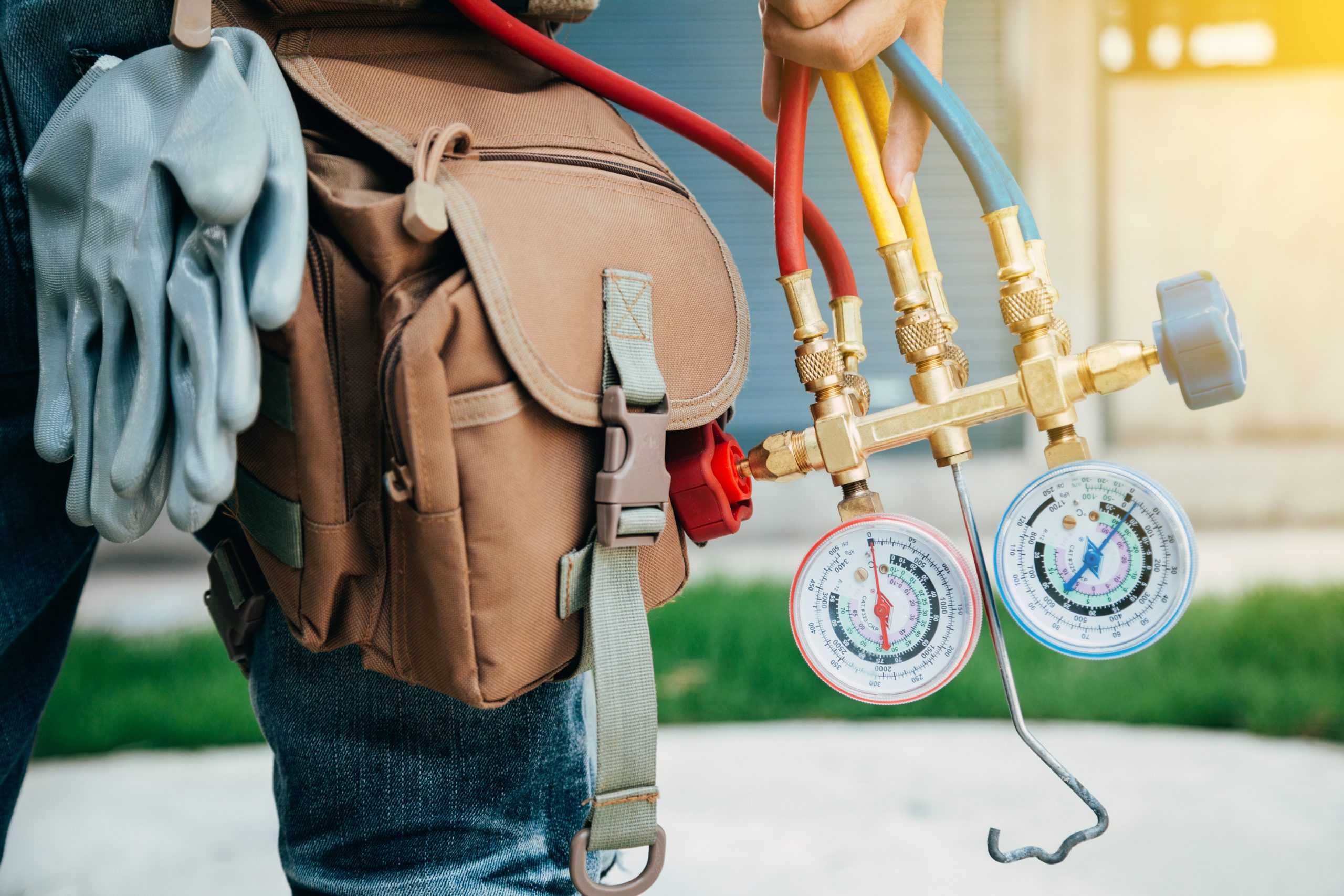
Fall and Winter Checklist
Fall and winter bring colder weather, meaning it’s the perfect time to perform routine furnace maintenance. A heating tune-up for your home will ensure that your family will stay warm as temperatures drop outside.
Regularly Replace Filters
Similar to how you must replace your HVAC system’s air filters for the air conditioning unit to work, this maintenance task must also be done to ensure the furnace works as well. A new air filter will allow air to flow properly in your home and your system to not get overloaded with dust.
Inspect Heating Elements
The heating elements in your HVAC system should be checked regularly for cracks or breaks. If the metal wire coil that makes up the heating element is broken, the element is defective and you won’t be able to heat your home properly.
Check for Gas Leaks
Furnaces that don’t work properly may leak deadly gases like carbon monoxide and others. Some gases have smells that you may be able to detect to know if there’s a gas leak in your home. Carbon monoxide, on the other hand, is completely odorless, meaning it’s imperative to check your carbon monoxide detectors and change the batteries regularly.
To avoid the danger of gas leaks, check to make sure the gas lines on your HVAC system are in good shape and that all cutoffs are working properly.
Check the Heat Pump
Many homeowners can tell whether their heat pump is working or not based on how loud their HVAC system is. When your system is working properly, it should be fairly quiet. Any loud noise would indicate that the heat pump—or another part—is defective.
Consider An HVAC System Upgrade
Your HVAC maintenance plan can vary depending on many factors, including the age of the system, its size and condition, and how much you use it. Older HVAC systems may not be working as efficiently to regulate the temperature in your home. If your home’s HVAC system is 15 years or older, it’s time to consider an upgrade.
Newer HVAC systems are more environmentally friendly, energy-efficient, and they can save you money in the long run by reducing any maintenance or repairs you may need to perform. We always recommend having your HVAC system checked regularly by a professional technician to ensure all parts are clean and working correctly and efficiently. Your technician may recommend an upgrade based on their findings during the service visit.
As a leading service company for AC and furnace repair in Kansas City, Cates Heating and Cooling can repair or replace any HVAC system so your home is weather-prepared. Our expert technicians provide air conditioning, air quality, plumbing, and heating services. Contact us today at 913-888-4470 for Kansas residents and 816-944-1844 for Missouri residents.
